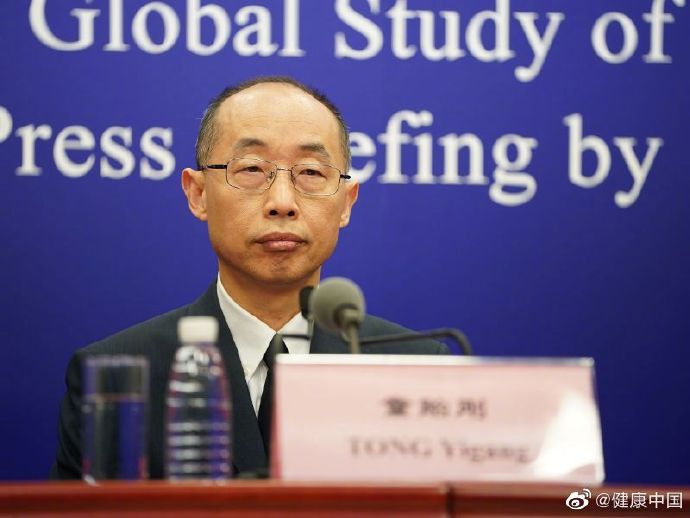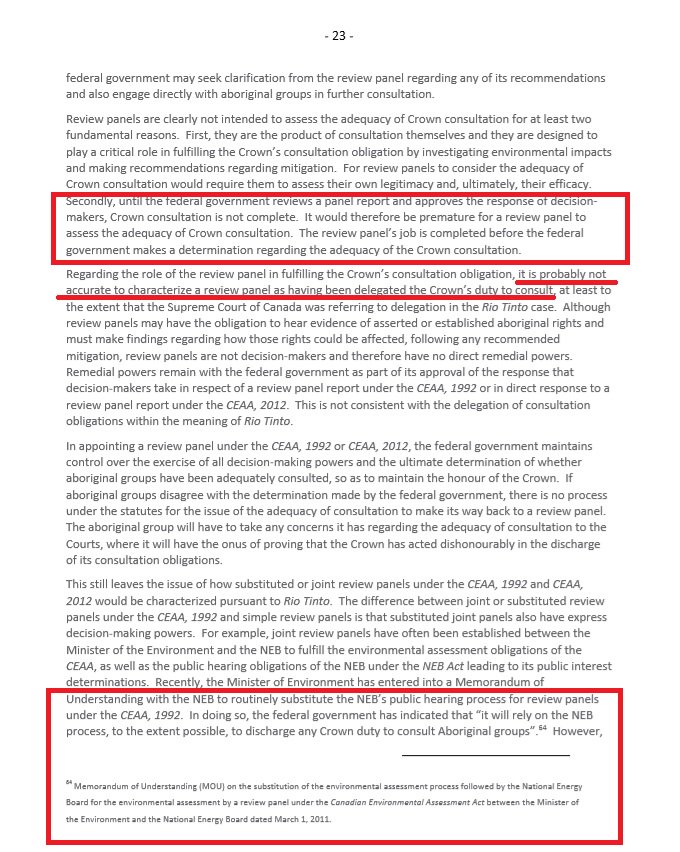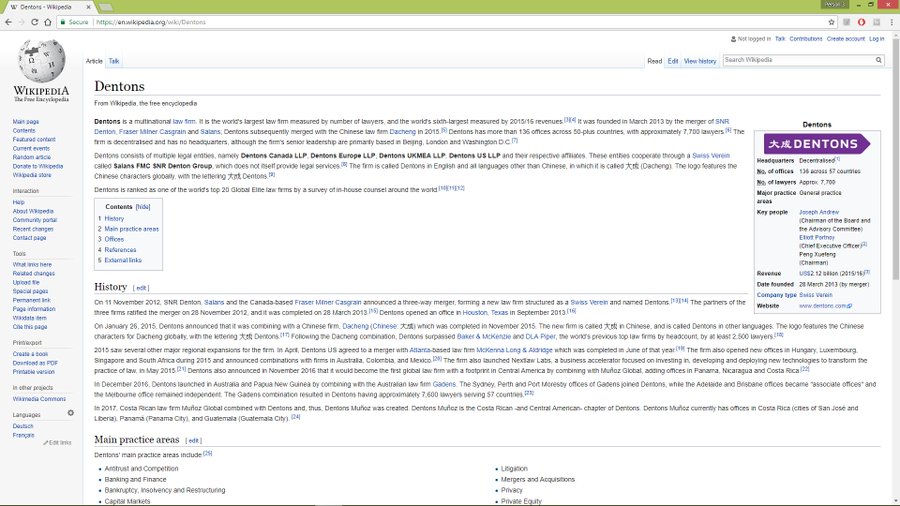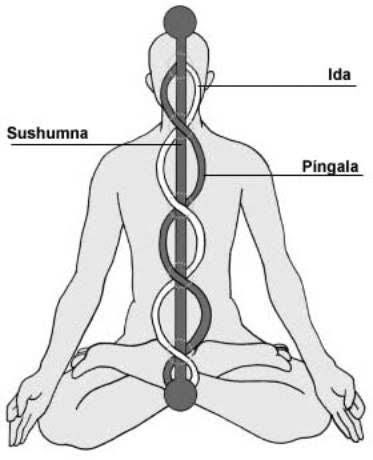Much to say about yesterday’s pardons and commutations. Before getting to the updated chart, some general reflections.
Breakdown:
1) Advance political agenda? 68/94
2) Personal Connection? 40/94
3) TV/TV Commentator? 13/94
4) Celebrity? 20/94
Personal or Political Connections (i.e. 1,2,3 or 4): 86/94 (91%)
https://t.co/gGHEUOuEGR
Thanks as always to @matthew_gluck for his work on the chart.
Let us know if we got anything wrong, please.
More from Law
A Warning:
The 'Freeports' in at least 10 locations in Britain will evolve into Charter Cities with their own laws. They will NOT be legally bound to ANY of the trade agreements between the UK and EU or any other country. They will be used to bypass all International scrutiny
'Sovereign UK' makes deal with Charter city (physically but NOT legally part of the UK) which then trades to other countries OUTSIDE of the constraints of International laws
Thus bypassing all restrictions , tariff, tax, human rights, climate change legislation - everything
https://t.co/f35zFvkCHQ
The 'Freeports' in at least 10 locations in Britain will evolve into Charter Cities with their own laws. They will NOT be legally bound to ANY of the trade agreements between the UK and EU or any other country. They will be used to bypass all International scrutiny
'Sovereign UK' makes deal with Charter city (physically but NOT legally part of the UK) which then trades to other countries OUTSIDE of the constraints of International laws
Thus bypassing all restrictions , tariff, tax, human rights, climate change legislation - everything
https://t.co/f35zFvkCHQ
You May Also Like
Tip from the Monkey
Pangolins, September 2019 and PLA are the key to this mystery
Stay Tuned!

1. Yang
2. A jacobin capuchin dangling a flagellin pangolin on a javelin while playing a mandolin and strangling a mannequin on a paladin's palanquin, said Saladin
More to come tomorrow!

3. Yigang Tong
https://t.co/CYtqYorhzH
Archived: https://t.co/ncz5ruwE2W

4. YT Interview
Some bats & pangolins carry viruses related with SARS-CoV-2, found in SE Asia and in Yunnan, & the pangolins carrying SARS-CoV-2 related viruses were smuggled from SE Asia, so there is a possibility that SARS-CoV-2 were coming from
Pangolins, September 2019 and PLA are the key to this mystery
Stay Tuned!

1. Yang
Meet Yang Ruifu, CCP's biological weapons expert https://t.co/JjB9TLEO95 via @Gnews202064
— Billy Bostickson \U0001f3f4\U0001f441&\U0001f441 \U0001f193 (@BillyBostickson) October 11, 2020
Interesting expose of China's top bioweapons expert who oversaw fake pangolin research
Paper 1: https://t.co/TrXESKLYmJ
Paper 2:https://t.co/9LSJTNCn3l
Pangolinhttps://t.co/2FUAzWyOcv pic.twitter.com/I2QMXgnkBJ
2. A jacobin capuchin dangling a flagellin pangolin on a javelin while playing a mandolin and strangling a mannequin on a paladin's palanquin, said Saladin
More to come tomorrow!

3. Yigang Tong
https://t.co/CYtqYorhzH
Archived: https://t.co/ncz5ruwE2W

4. YT Interview
Some bats & pangolins carry viruses related with SARS-CoV-2, found in SE Asia and in Yunnan, & the pangolins carrying SARS-CoV-2 related viruses were smuggled from SE Asia, so there is a possibility that SARS-CoV-2 were coming from























